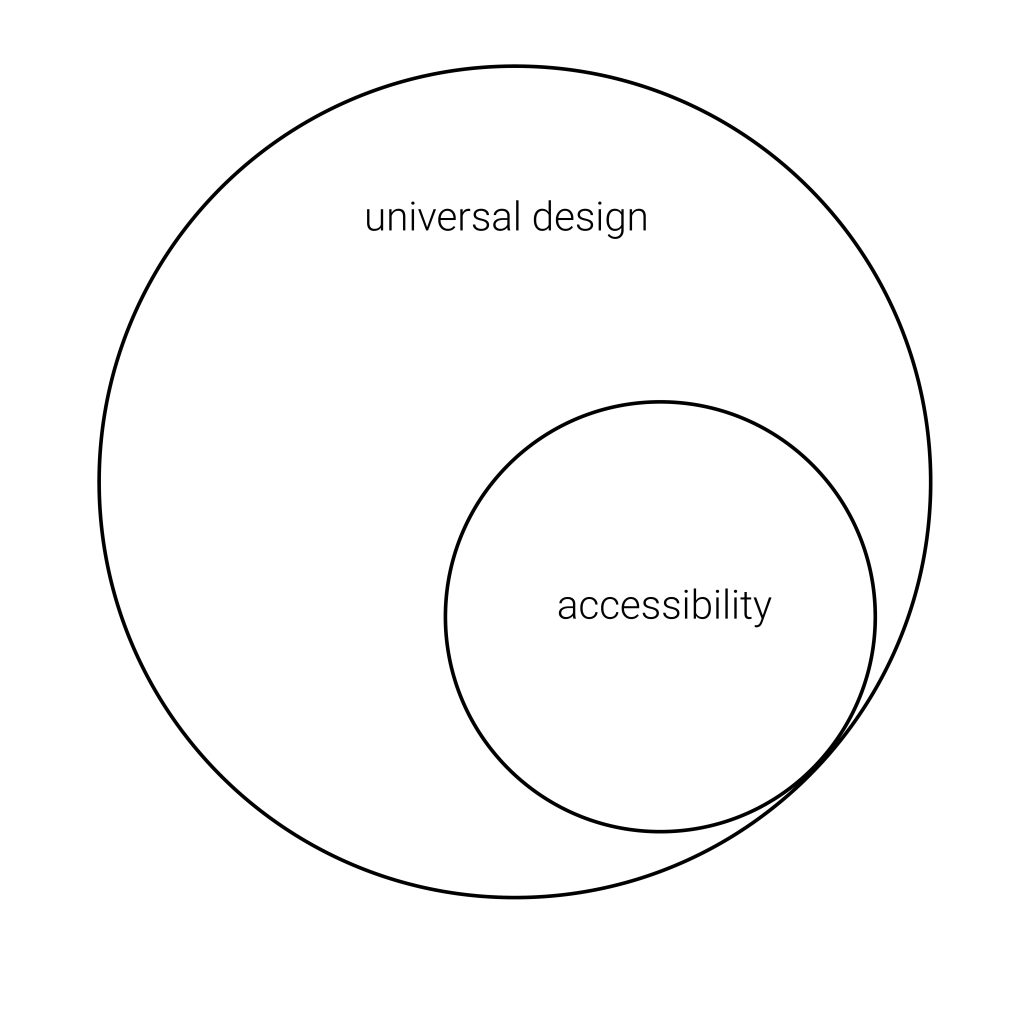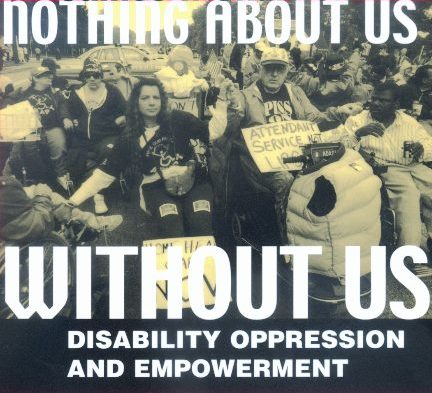Introduction
Package
This
Introduction Package serves as a basic introduction to the core objectives
of this year’s Bevica Scholarship call: Universal Design, Being Human and Leave
No One Behind.
The Package
consists of 5 key references: two texts
and
three videos.
Before we
meet at the Ideation Workshop on 1 February, you are expected
to have studied the references of the Introduction Package.
Your
preparation will ensure a common knowledge base for all
participants and as a basic framework for understanding, discussion and
preliminary ideation of your individual project proposals.
We strive to be accessible.
If you experience difficulties using the website or accessing the materials, please don’t hesitate to contact us at scholarship@bevica.dk.
Reference: Ryhl, Camilla, Eiriksson, Marie, Overby Sørensen, René (2021) Universal design – introduction to a design principle that challenges the idea of being human. Universal Design Hub – Bevica Fonden.
Format: Text
Keywords: Concept, Principles, Goals, History, Ron Mace
Work load: 6 pages
Description: This article introduces the concept of Universal Design – its origins, scientific context, and application. It introduces the 7 key principles and 8 goals of Universal Design and exemplifies how they might be addressed in different areas of society.

Reference: VIVE (2023) Webinar (3) – Universal design: From vision to practice in everyday life in the Nordic countries. Presentation by Camilla Ryhl: Universal Design and Human Diversity – a Danish Perspective (25:35 – 43:30).
Format: Video (18 minutes – Selected time span: 25:35 – 43:30)
Keywords: Universal Design, History, Danish Context, Leave No One Behind
Description: In this video, Research Director at the Bevica Foundation, Camilla Ryhl, provides a keynote speech, sharing experiences and reflections about the historical development and visions for the future development of universal design in Denmark. During her presentation, Camilla highlights the ambitions and initiatives in the Universal Design Hub – Bevica Foundation to proliferate the value-based term universal design to help fulfil the pledge Leave No One Behind from the 2030 Agenda for Sustainable Development.
Reference: Charlton, James (2000) Nothing About Us Without Us. In: Nothing About Us Without Us: Disability Oppression and Empowerment. Berkeley, CA: University of California Press. Chapter 1, pp. 3-18.
Format: Text (15 pages)
Keywords: Disability Rights Movement, Disability Oppression, Lived Experience, Organization of Empowerment, History
Description: This book chapter is the introduction to the landmark book on disability Nothing About Us Without Us written by disability rights activist James Charlton. The chapter touches briefly on topics concerning the disability rights movement, disability oppression, lived experiences, and disability as a social construction. Overall, the book provides a theoretical overview of disability oppression that shows the similarities to, and differences from, racism, sexism, and colonialism.
Link: Access may be retrieved from your educational library.

Reference: Falster, Emil (2023) Models of disability: A short introduction. Lunch Bag Lecture. Universal Design Hub – Bevica Fonden.
Format: Video (7 minutes)
Keywords: Theory, Models of Disability, Impairment Effects, Barriers and Solutions
Description: In this video, Post.doc. at the Bevica Foundation, Emil Falster, discusses three different models of disability: the medical model, the social model, and the relational model. He argues how our understanding of terms such as disability and impairment effects how we understand the barriers and challenges that people with impairments face every day – and how these understandings ultimately generate the solutions we conceive to create equal opportunities for participation.
Reference: Falster, Emil (2024) Ableism: A short introduction. Lunch Bag Lecture. Universal Design Hub – Bevica Fonden.
Format: Video (8 minutes)
Keywords: Ableism, “The Normal Body”, Discrimination – Structural, Institutional, and Social
Description: Presenting his book titled “Ableism – Power, Human Perspective, and the Myth of the Normal Body.”, Emil Falster briefly explains what the concept of Ableism is all about. Emil presents how Ableism can be briefly defined as the discrimination that arises from the preference for the so to speak, “able-bodied”, “neurotypical”, “healthy” or “normal” people. Ableism is the discrimination that occurs when we systematically favour “the normal”. And as emphasised by Emil, this discrimination concretely manifests in a range of structural, institutional, and social frameworks and conditions which are created and designed for the “normal body” in our society.
Frandsen, Anne Kathrine; Bonfils, Inge Storgaard; Olsen, Leif (2024) Universal design allows everyone to take part. Introduction Chapter in Universal design: Cross-disciplinary perspectives in theory and practice. Aalborg Universitetsforlag, pp. 11-32.
Csillag, S., Svastics, C., Hidegh, A. L., & Győri, Z. (2022) Fighting shadows? The concept and emergence of ableism in society and at the workplace. Vezetéstudomány / Budapest Management Review. Vol. 53 No. 11, pp. 16-28.
DTU – Skylab (2024) Universal Design Guide. https://universaldesignguide.com/
BEVICA FONDEN
Linnésgade 18, 1. sal
1361 København K
Cvr-nr. DK-75576315
EAN-nr. 5797200036056
BEVICA FONDEN is a foundation that, through partnerships, works to strengthen conditions for self-governance and independent life for people with mobility impairments. This work is based on research and knowledge on Universal design as an interdisciplinary and value-based concept.
Follow us on LinkedIn
View my Application history
Copyright 2022 © Bevica Fonden